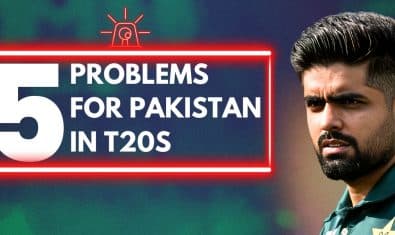Aimed at making internet and data services affordable to low-income groups, the telecom sector has proposed the abolishment of withholding tax on telecom services.
According to budget proposals for 2021-22, the telecom sector has quoted research published by the Sustainable Development Policy Institute (SDPI), Pakistan is among the highest-taxed telecom markets in the world while it ranks second highest in telecom taxation in South Asia.
The telecom sector has stated that currently 12.5% WHT is collected from all telecom users regardless of their income tax liability. Out of over 220 million, approximately 2.9 million file taxes, which is one percent of the total population. Despite the fact that a majority of the country’s population had non-taxable income, they are paying WHT which they can never claim back.
Furthermore, the rate of withholding tax is discriminatory as compared to the withholding tax applicable to landline users where progressive rates have been defined according to the bill amount and on the other hand rate of withholding tax on mobile phone subscribers is uniform irrespective of the status of the users. This discriminatory tax on telecom services is detrimental to the digitalization of the economy and contradicts the ambition of digital Pakistan.
The sector has started to make the current tax collection mechanism in the telecom sector more efficient and transparent, exemption from deduction or collection of all types of withholding taxes like banking and oil sector has been sought.
The move will simplify the tax collection mechanism in terms of real-time payment of advance tax under Section 147 on a quarterly basis bringing in more accuracy and transparency for tax authorities. As large utility providers, cellular mobile operators are subject to deduction/collection of withholding of income tax on a large number of transactions, which increases the cost and complexity of tax compliance.
The current withholding tax mechanism creates an additional administrative burden for the telecom sector and negatively impacts the overall business environment. This measure is expected to significantly improve the ease of doing business for the telecom sector.
The tax administration would also benefit from this measure as it would improve timely and accurate tax collection, facilitate tax administration, and avoid litigations at both ends. Furthermore, this measure will also make the tax claims and its verification mechanism more transparent with minimum operational hassles as maintaining the thousands of records especially for advance tax on utility bills and imports is itself a very cumbersome procedure.
The latest Inclusive Internet Index released by the Economist Intelligence Unit also presents an alarming picture of Internet availability, affordability, relevance, and readiness in Pakistan. The currently falls in the bottom quartile of the index, second to last in the Asia region, and at 90th place overall out of 120 countries studied.
As people have moved to work remotely and adopting e-health and e-education while other online services are also becoming rampant during the Covid-19 pandemic, there is an urgent need to facilitate the telecom sector for the continued provision of connectivity and digital services to over 180 million mobile users in Pakistan, noted the budget proposals





















